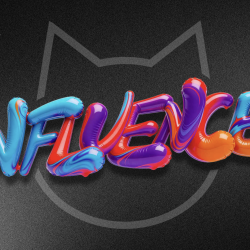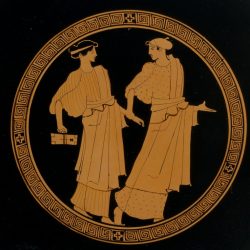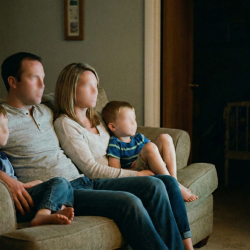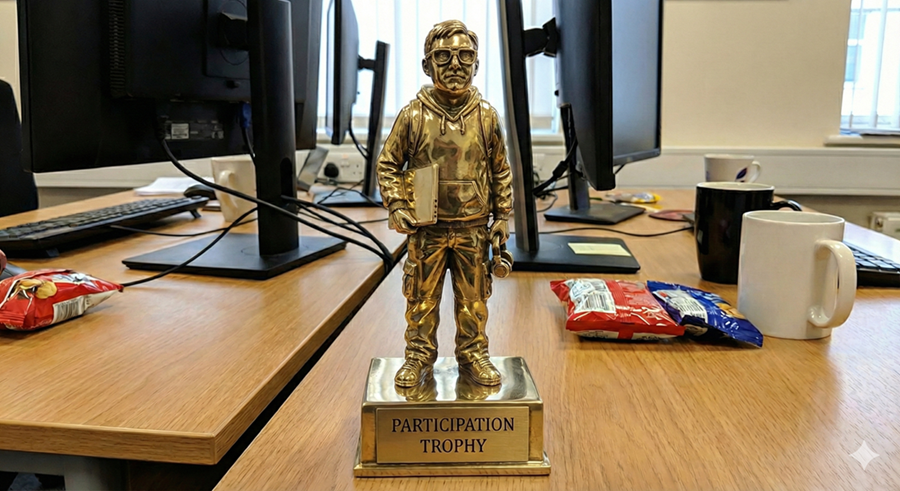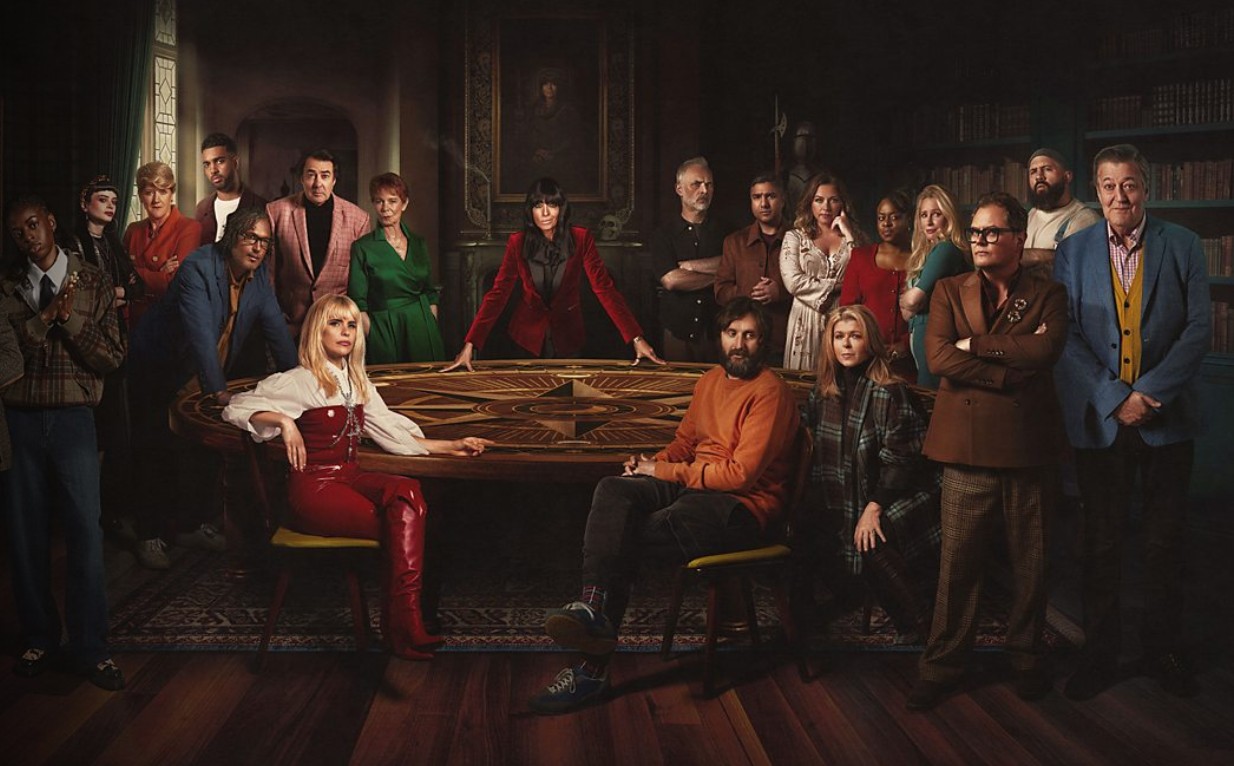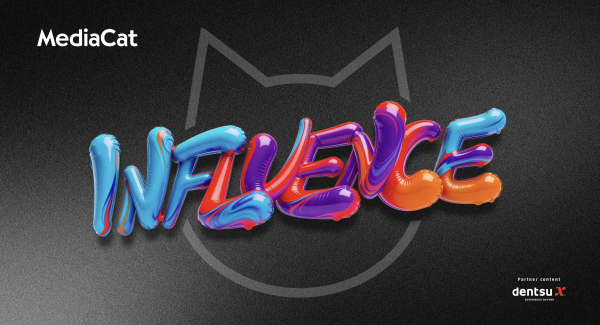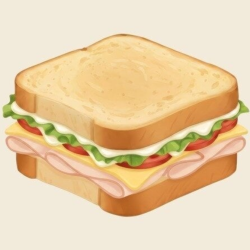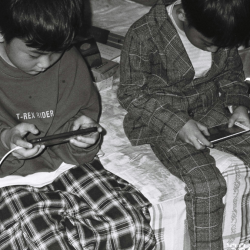For this piece I want to talk about gaming, and why video games succeed when they’re both fun and funny. And how, if a studio gets it right, they’ll have built a platform that gamers will spend potentially hundreds of hours in, and keep returning to for years. Speaking at the DICE Awards last month, David Walgrave, the Head Of Production for Larian Studios (those behind last year’s Game of the Year, Baldur’s Gate 3) talked about this and said, ‘… we don’t make decisions where we think this could make us the most money. In the long run, building a community, building a player base, building games that are actually fun is going to make you the most money.’ Which is refreshing to hear from someone in his position.
Because there’s an argument that fun and funny go hand in hand. And Baldur’s Gate 3 (BG3) is a very funny game; in terms of its world building and characters — one that put me in mind of Terry Pratchett’s Discworld novels. I’m not alone thinking this, either. In November, in a set of interviews with PC Gamer, BG3’s narrator Amelia Tyler said, ‘I particularly enjoyed the [lines] where it goes full-on Terry Pratchett. Like: “The sheep stares at you with unsettling malice” … I love those little twinges of comedy, ’cause I grew up on Terry Pratchett.” TechRadar also echoed this sentiment, and talked about BG3’s ‘willingness to lean into whimsy’ and how not only does the game laugh at itself, but bring us in on the joke.
A large part of why this game has been so popular, and why it won Game of the Year, is that we remember funny: incidentally, this is something Richard Shotton talks about in his column this month, about how humour boosts memory. To return to Pratchett for a second, not long after his death in 2015 The Guardian wrote a lovely piece about his work saying ‘above all, he was funny, and that’s why he’ll be remembered.’
And Baldur’s Gate 3 aside, gaming has plenty of examples where, when fun and funny are absent, the community is quick to dismiss a game. And conversely, where those qualities are present we’ll sing its praises. Flying the flag for absence of humour recently we’ve had two notable entries: sci-fi game Starfield and the pirate naval combat game Skull and Bones. The former has widely been seen by gamers as a big letdown. In August last year Mashable’s Alex Perry said ‘Starfield has everything you could want, except a reason to keep playing’. The latter, Skull and Bones, lives in the shadow of a much more fun game, Sea Of Thieves. Which is something The Guardian’s Keza MacDonald picked up on, saying, ‘The other game that can’t escape mention here is Rare’s Sea of Thieves, another online pirate action game that launched in a barren state in 2018, but has since evolved into a terrific time with friends, as funny and chaotic and characterful as you could hope a pirate game to be. But Skull and Bones is much more serious and solitary…’
Serious and solitary doesn’t sound like something I’d want from a pirate game. And having put a few hours into playing Starfield I also have to agree with Mashable’s verdict. Although it did make me think that fun sci-fi is entirely possible. For example, in 2019 Obsidian released The Outer Worlds, a delightful anti-capitalist game that skewered corporations and human greed. Game Rant said its ‘particular brand of humour makes it stand out as a franchise’. Again, I’ve played it and have to agree. The story was a little short in length, but still stuck in my memory. And in terms of tone, it slightly put me in mind of sci-fi Western show Firefly (2002-2003), which sadly only got one season, yet still developed a cult following.
But it’s not just pirates, sci-fi Westerns or fantasy games that can lean into humour. Even seemingly more dark and dystopian game genres can find pockets of funny to keep us coming back. The Fallout (1997-2018) series is a great example. Prime Video has a TV show (based on these games) coming out in April, and last October Game Rant wrote about this show, urging Amazon to not shy away from the humour, arguing that the comedy is a crucial part of what makes the games so popular. Having sunk many enjoyable hours into playing Fallout 4, I wholeheartedly agree.
I suppose, to conclude, what I am driving at is this: if you’re a gaming studio creating a game, or a brand looking to partner with a studio or be involved in a game in some fashion, you’d do well to follow Larian’s example and put the fans and the gaming community first, and recognise how important humour is when it comes to building worlds and creating characters that gamers want to spend time with. And it’s not just me (or Larian) saying this, either. Gamers will turn up for games they find fun and amusing, and gaming is continuing to grow. In 2020 Forbes said gaming could become ‘the world’s biggest media platform’, and in 2021 Accenture published research on how gaming was ‘the next super platform’, saying it was becoming a ‘continuous service-oriented business that puts the customer experience first’.
So dive in, build, and create wonderful games. Just remember to make them fun, and funny.
Featured image: Baldur’s Gate 3 / Larian Studios






